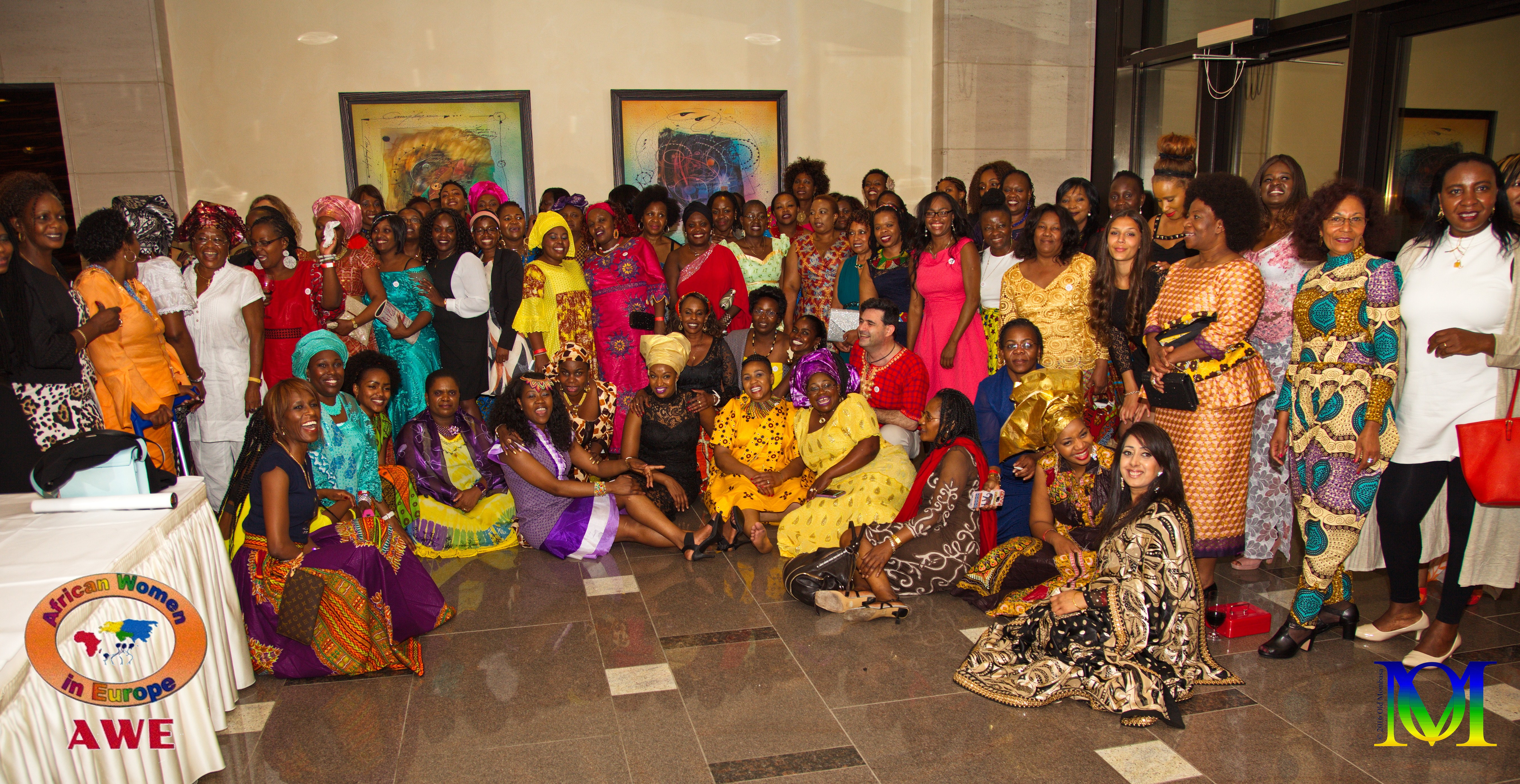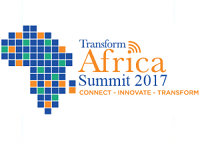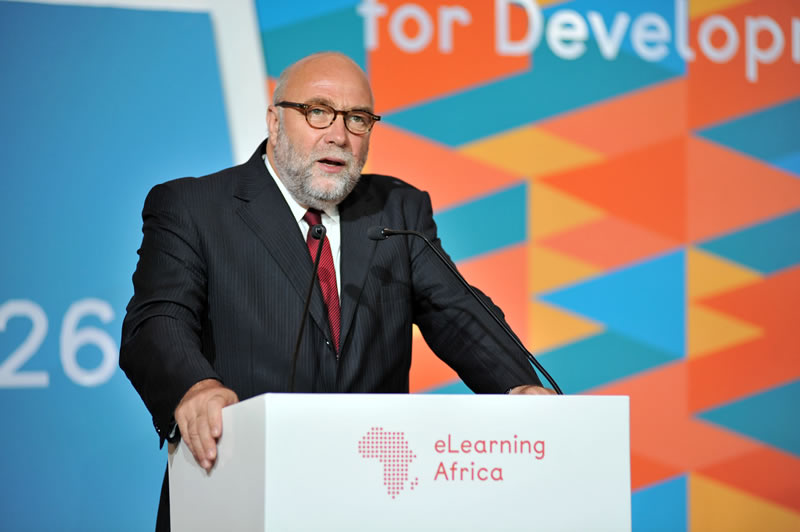The programme for eLearning Africa, the leading international conference and exhibition on educational and learning technologies for all the education, corporate and public sector, is now available online. Join more than 1.200 participants from across Africa and beyond from September 26 – 28 in Kigali, Rwanda, to discuss and learn about the latest trends and developments in: adaptive learning; digital and basic literacy, gamification; […]
Recent news
New North-South-South project to be launched: EPICA
EPICA, funded by the European Union research programme Horizon 2020, is a project 2018 – 2020 coordinated by ICDE with 4 partners from Africa and 4 partners from Europe. The project will develop and implement ePortfolio in Sub-Saharan Africa. For more information about the project: www.epica-initiative.africa eLearning Africa 2018 The eLearning Africa 2018 conference will be hosted Kigali, Rwanda on 26th – 28th September.
About African Woman in Europe
The growth of African Woman in Europe (AWE) has been a great success, with overwhelming support from women in Europe and Africa. We salute all women who work tirelessly to achieve their personal goals while serving as a positive influence on the community at large. Our vision is to extract and recognize the potential within and without and empower women to reach out to […]
TransformAfrica Summit 2018 to accelerate Africa’s single digital market
The 4th Edition of TransformAfrica Summit will be held this year from May 7 – 10 in Kigali, Rwanda. The Smart Africa Alliance is a Public-Private platform dedicated to shaping and driving Africa’s Digital Transformation. Organised by Smart Africa & hosted by His Excellency Paul Kagame, President of the Republic of Rwanda, the event will attract over 4000 participants. As Africa’s largest and most influential ICT […]
“There is a constant Tension between how Digitisation enables Openness and Closure, Inclusion and Exclusion”
Laura Czerniewicz is the Director of the Centre for Innovation in Learning and Teaching (CILT) at the University of Cape Town in South Africa. Czerniewicz researches the equality of access to higher education and the technological impact of eLearning. Czerniewicz reveals some significant results of her research into the marketing and digitalisation of knowledge and the insights she has for eLearning Africa. 1. […]
Youth Working toward Bridging Rwanda’s Digital Divide in the Rwanda Digital Ambassador Program
Over the coming four years, the Rwanda Digital Ambassador Program (Rwanda DAP) will mobilize 5,000 young leaders to transform the lives of millions of citizens through the acquisition of digital skills, adoption of e-services, driving inclusion and growth. Rwanda DAP is an initiative led by the Rwandan Ministry of Information Technology and Communication aimed at increasing the number of digitally literate citizens and their […]
Connecting through the Rwanda E-learning Network
Ariane Umurerwa is in charge of course development at e-learning company Three Mountains. She’s excited to craft content that fits the Rwandan context, developing innovative yet simple and fun learning materials in Kinyarwanda. In this interview, Umurerwa discusses the actions and initiatives she pushes in her role as secretary of the Rwanda eLearning Network and what she’d like to share at eLearning Africa. […]
Learning makes us
Learning isn’t a destination that can be reached or departed via the classroom door. It’s a never-ending road of discovery, challenge, inspiration, and wonder. For many people, learning is the route to a job to support their family, or to the skills that will help them progress in their career. For others, it’s simply a passion for exploration. Whether it’s at home, in the […]
eLearning Africa: An old Fox steals the Laurels from Silicon Valley
How much attention do the luminaries of Silicon Valley pay to Africa? The answer is, perhaps, more than they used to but still not enough. With the world’s youngest population and some of its fastest growing economies, the African continent should be a subject of obsessive fascination for anyone with an interest in technology. Yet, until recently, the attitude of many tech companies and […]
Germany highlights support for digital learning in Africa
Last week’s eLearning Africa conference concluded with a statement of German support for developing digital education in the continent. Guenter Nooke, a former member of the Bundestag, and Angela Merkel’s Special Representative for Africa spoke at the conference, which is Africa’s largest conference for technology assisted learning and training, to affirm and highlight Germany’s interest and support in expanding digital learning for the further […]



























